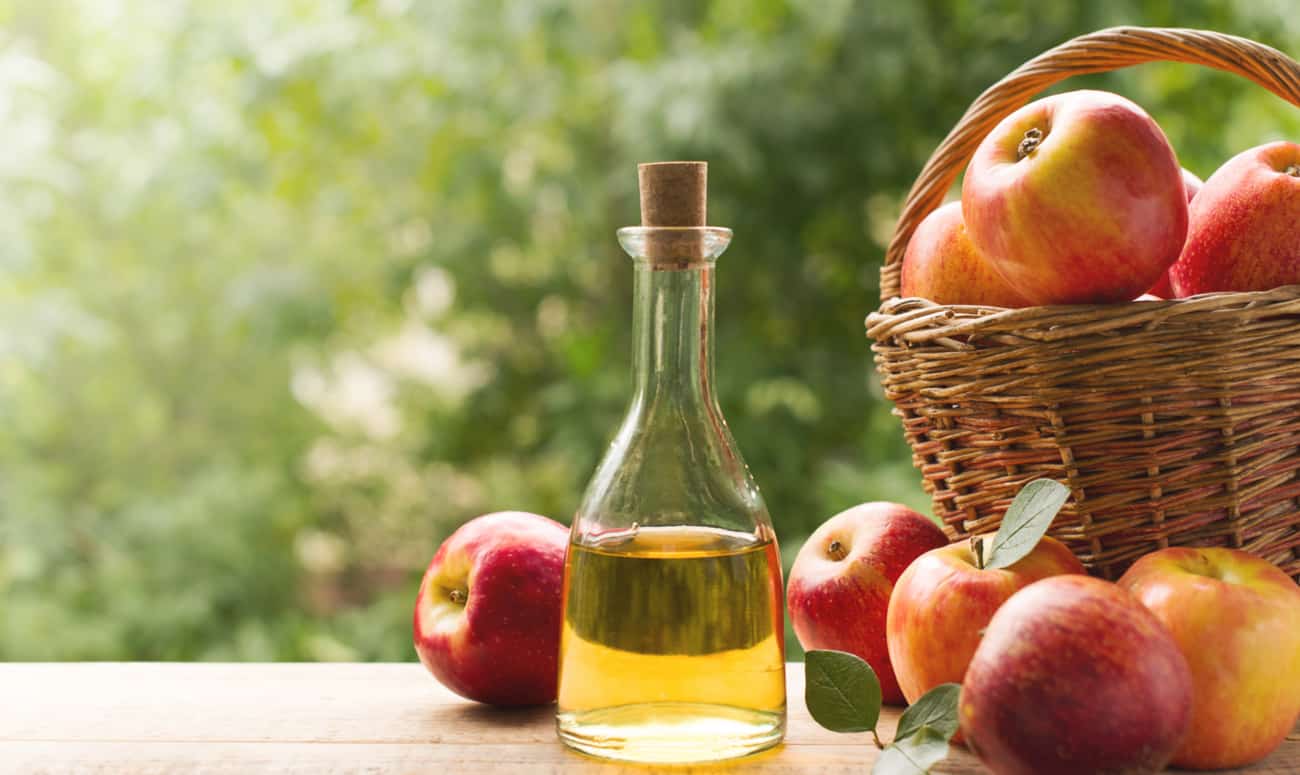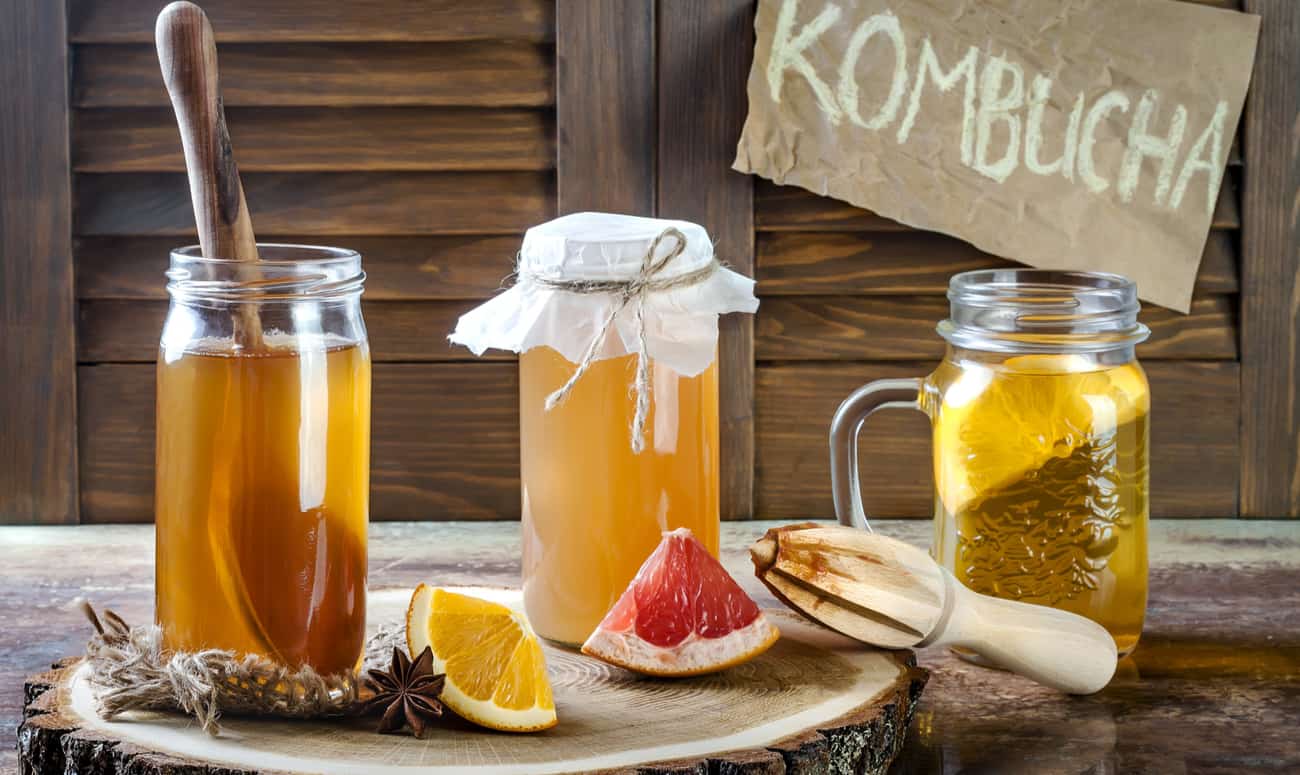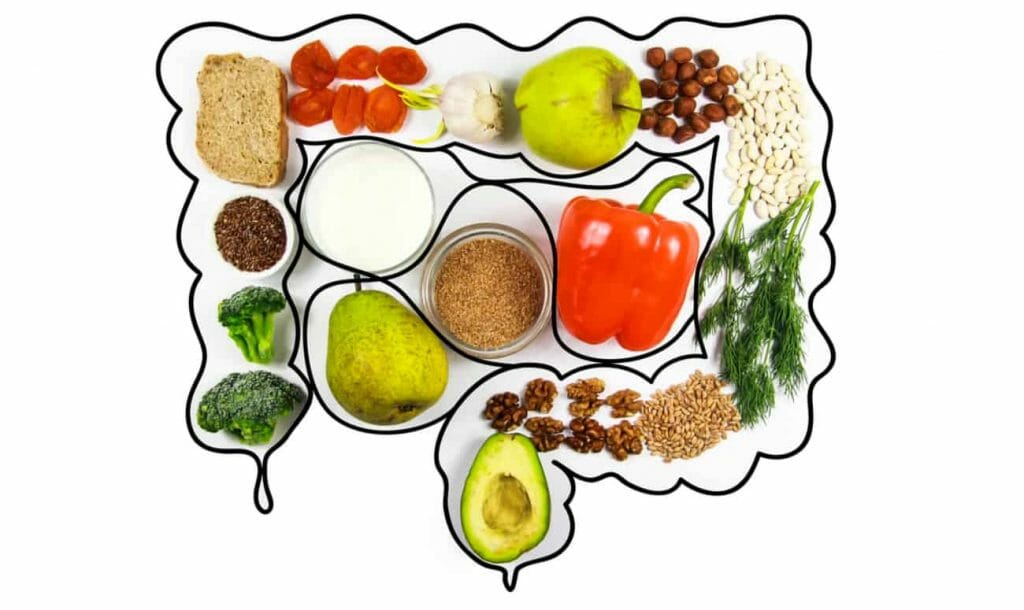Gut health is wealth, on every front. Maintaining proper gut function is essential for improving your immune response, sleep, skin, mood, and overall function. But with all the ‘bio-hacks’ available over the internet today, how can you categorize what really works, what is just hype and what could even make things worse?
We’ve broken down the pros and cons of classic go-to supplements and foods we reach for when we’re not feeling so good, to bust whether they have substantiated benefits.
Celery Juice
Pros: Celery juice packs a nutritious punch. It has high and diverse levels of vitamins and minerals which many people lack in their daily diets, like calcium, magnesium, and potassium. While one glass of celery juice won’t fulfil all your daily vitamin and mineral requirements, it’s a good way to get in some essential nutrients. Juice the entire stalk and leaves for maximum benefits. Compounds in celery, like caffeic acid, apigenin, and luteolin, act as powerful antioxidants with healing effects while providing a great source of hydration.
Cons: Celery juice can exacerbate symptoms like bloating due to the presence of the polyol called mannitol. The process of fermentation creates gas and indigestion. It isn’t a magical ‘detox’ method. Rather than relying on celery juice alone, you’re probably better off eating a healthy diet with a mix of fruits, vegetables, and grains to promote liver function and optimal health.

Apple Cider Vinegar
Pros: There is a lot of merit when it comes to Apple cider Vinegar being used as a digestive aid or to treat acid reflux in some cases. There is no real risk involved in its consumption and it can be easily consumed diluted with some water. Since Apple Cider Vinegar is naturally acidic, it helps raise stomach acid levels to aid in digestion. In this theory it helps prevent gas and bloating where slow digestion is the cause. It is also an antimicrobial substance and can help kill bacteria in the stomach or intestines.
Cons: Apple Cider Vinegar may reduce the rate at which food leaves the stomach and enters the lower digestive tract. For people living with diabetes, it can also worsen symptoms of gastroparesis. By decreasing the appetite and promoting a feeling of fulness, it leads to a reduction of caloric and nutrient intake.

Pre/Probiotics
Pros: A diet rich in both pre and probiotics is key to supporting overall microbiome health and will benefit more than just the gut (e.g., your immune system). Using a specific strain of prebiotics is a targeted remedy for gastrointestinal issues and can help you identify the root issue. It is a pillar of support to the gut in building and maintaining a healthy colony of bacteria to aid digestion.
Cons: When there is an underlying gut issue to begin with, increasing consumption of foods rich in pre/probiotics can add fuel to the fire. Getting acquainted with what specific bacteria will benefit your stomach is no mean feat but is crucial before you start refurbishing your gut. For example, people with Small Intestinal Bacteria Overgrowth could potentially suffer from adding more of the bacteria to your system.

Kombucha
Pros: This fermented beverage contains live cultures/microbes and is packed full of antioxidants. It boosts the health of intestinal cells, immunity functions and aids in food digestion. It helps reduce gut inflammation and ward off digestive issues like constipation and diarrhoea.
Cons: Kombucha by itself cannot be classified as a gut remedy. They do not typically meet the required level of culture concentration to be considered as a probiotic. Only characterized strains of microbes with an evident effect on gut health should be termed as probiotics. While it does contain love bacteria, there is very little evidence to suggest that it could help repopulate the gut. Consuming a diet rich in fibre from fruits, vegetables, nuts, and seeds is the most important factor in promoting a healthy gut environment.

Coconut Oil
Pros: Some coconut oil derivatives and by-products are used in treating gut infections related to yeast and bad bacteria. It’s anti-bacterial, anti-microbial and anti-fungal properties make it excellent at boosting immunity and improving gut health. It aids in restoring a healthy balance to an imbalance of bacteria in the gut.
Cons: Commercially available coconut oil has none of the properties listed above that are beneficial in treating Gastrointestinal issues. While it’s topical application may have some anti-microbial properties, its real benefit is only derived when used in potent, concentrated amounts. While it is a healthy fat to add to your diet, in terms of gut health it isn’t a catalyst of any substantial change to gut health specifically.

These were a few food items and supplements that are all the rage these days in apparently transforming your gut. However, the most effective and tried and tested means of maintaining your gut health is by eating a well-rounded, nutritious, balanced diet to maintain the natural Ph of your digestive system.
Read more: What Happens To Your Brain And Heart When You Fall In Love
Like & Follow ThinkRight.me on Facebook, Instagram, Twitter, and Telegram to stay connected.






























